Reasoning with God
Reasoning with God
Reclaiming Shariah in the Modern Age
Khaled Abou El Fadl
ROWMAN & LITTLEFIELD
Lanham Boulder New York London
Published by Rowman & Littlefield
A wholly owned subsidiary of The Rowman & Littlefield Publishing Group, Inc.
4501 Forbes Boulevard, Suite 200, Lanham, Maryland 20706
www.rowman.com
Unit A, Whitacre Mews, 26-34 Stannery Street, London SE11 4AB, United Kingdom
Copyright 2014 by Rowman & Littlefield
Cover image: The beautiful cover art is the masterpiece of Mr. Koichi Fuad Honda, acclaimed Arabic calligrapher and a Japanese convert to Islam. Titled The Blue Desert , it contains within its design the entire chapter of the Quran known as Surat Luqman, which is known to represent the universal wisdom and morality that should unite human beings in virtue.
All rights reserved. No part of this book may be reproduced in any form or by any electronic or mechanical means, including information storage and retrieval systems, without written permission from the publisher, except by a reviewer who may quote passages in a review.
British Library Cataloguing in Publication Information Available
Library of Congress Cataloging-in-Publication Data
Abou El Fadl, Khaled, 1963
Reasoning with God : reclaiming Shari'ah in the modern age / Khaled Abou El Fadl.
pages cm.
Includes bibliographical references and index.
ISBN 978-0-7425-5232-6 (cloth : alk. paper) ISBN 978-1-4422-3844-2 (electronic) 1. IslamCustoms and practices. 2. IslamRituals. I. Title.
BP174.A245 2014
297.1'4dc23
2014027855

TM The paper used in this publication meets the minimum requirements of American National Standard for Information Sciences Permanence of Paper for Printed Library Materials, ANSI/NISO Z39.48-1992.
Printed in the United States of America
The Floating Word
The floating word
Has a waterfall spine and dexterous
Sky-scrying eyes which know
The swank, sweet caritas of rose and
Its physical temptation
And the glitch of language scudding
The rabbits hair
Returned from the saturnine
Swim of revision, amber-lit
Like the exegesis of the sea.
Blue
A blue collected from the sky
floats like a starfish in a green
plastic pail of sea taken home by a
child to a summers night
in Omaha. Or someplace else equally
named and distant. Harboring the sweet
complacency of time cornered
and undone. A studied blue slowly
eroding in space, captive by the
simplest taking like the fishermans
catch in the old sea, a net rising
out of that eternity into this one.
Laura Coyne
This book is dedicated to Afaf Ahmed El-Nimr, my Mama
(May 2, 1930December 28, 2011), whose wisdom and beauty needed the exegesis of oceans to expound, and who taught me to corner time and reason with the heavens. You believed in and waited for this book,
but you were always ahead of the times!
Authors Note
This was a daunting book to write not only because it is inspired by a sense of urgency and perhaps a foreboding seriousness, but more so because it is intended to be a painfully personal book. I wrote this book as a Muslim who is also an academic scholar and not as an academic scholar who happens to be Muslim. And in so doing, I abandoned any pretense of speaking from the proverbial academic tower where I could contently analyze the world from a safe distance behind the veneer of objectivity. As a Muslim, I am deeply affected by everything that impacts Islam and Muslims, and I am also deeply affected by the way that Islam and Muslims impact the world. As a Muslim, I find the beliefs, doctrines, and conceptions of the Islamic faith intellectually and spiritually fulfilling and indeed thrilling; but also as a Muslim I feel a deep sense of frustration and alienation as to the way I interact with the world and the way the world interacts with me. On the one hand, I feel that the sense of spiritual and intellectual fulfillment that I find in my Islamic faith is widely shared by many of my coreligionists. Yet so much of the spiritual teachings of Islam and so many of its intellectual traditions have become fossilized or buried under layers of forgetfulness. While generalizing and stereotyping a people or faith tells us much more about the intolerance of those doing the stereotyping, it would be delusional to deny that, thanks to the behavior of many of my coreligionists, the sense of spiritual and intellectual gratification that I, and many others, find in Islam has become incomprehensible and inaccessible to many non-Muslims. While I personally, as well as so many others, find the Islamic faith to be a source of boundless wisdom and tranquility, it is difficult to deny that this same faith has become a source of anxiety and apprehension for many in the world today. On the one hand, I feel that my faith, and indeed many Muslims, are misunderstood and repulsively mistreated by those who are ignorant or prejudiced toward Islam. On the other hand, I find it difficult to escape the conclusion that many Muslims have become shamefully unjust and iniquitous toward others, each other, and themselves.
Having spent my entire life a humble student of Islamic theology and law, I fully sympathize when Muslims complain that non-Muslims are ill informed and ignorant about Islam. This without a doubt is true. But at the same time, the truth is that so many Muslims themselves are woefully misinformed about their own tradition. I, like so many other Muslims, supplicate to God at least five times a day, pleading that we be guided to the upright path of virtue, but this pious plea does not negate the fact that something has gone awfully wrong with the actual path chosen and pursued by many Muslims. Fundamentally, I think it is fair to say that the sense of frustration and alienation that I feel as a Muslim is shared by many of my coreligionists throughout the world, and it is also fair to say that the primary source of these feelings is that we, as Muslims, live submerged in a profound set of contradictions.
Among these contradictions, the mere existence of which speaks volumes, is the fact that it is a basic and foundational article of faith for every Muslim that Islam is the religion of peace, compassion, and mercy. Accordingly, Islam manifests itself by bringing peace, compassion, and mercy to humanity at large. Yet one must frankly admit that in the minds of most non-Muslim inhabitants of this earth, these are not the values that are normally associated with the Islamic faith. These paradoxes, which are an all-too-persistent part of the lived experiences of most contemporary religious and also nonreligious Muslims, could have many causes and reasons. Is the root cause of these contradictions and paradoxes a lack of education or a simple lack of knowledge of the true and real facts? Is the contested image and meaning of Islam the result of profound misunderstandings and widespread ignorance? Is this predicament the unavoidable outcome of the legacy of historical conflicts between the world of Islam and the abode of Christendom and the West? Is this predicament a logical result of the identity crisis that has befallen all Muslim countries in the postcolonial age? But at another level, to what extent is this predicament the product of religious bigotry and the result of the malignings and fabrications of Islamophobia? Is a major worldwide conspiracy to defame Islam a part of an international public relations campaign that is being waged against Muslims and Islam? Or, at least from the perspective of a believing Muslim, have many Muslims failed their religion in a serious and basic way?

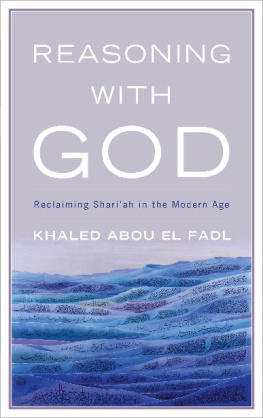
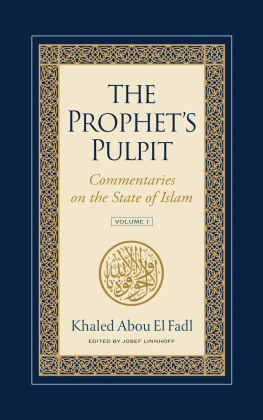
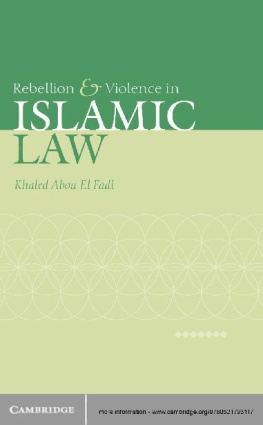
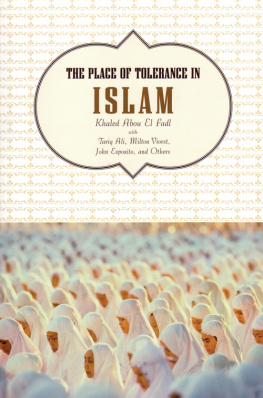
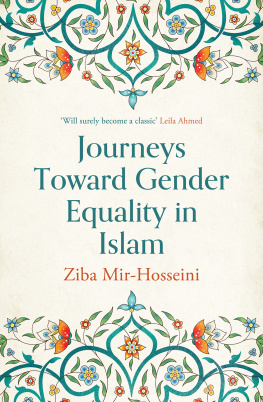
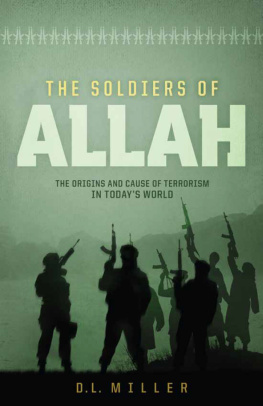
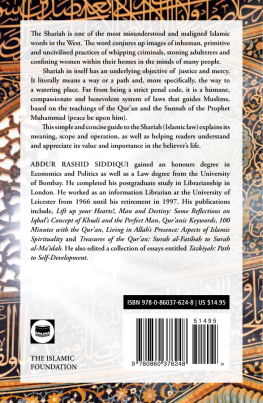

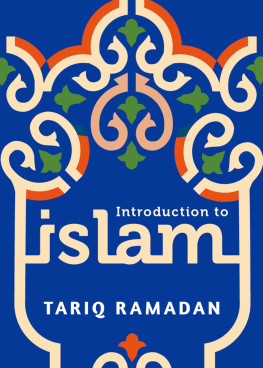

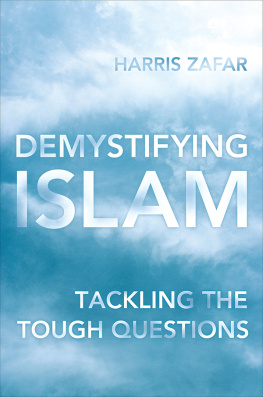

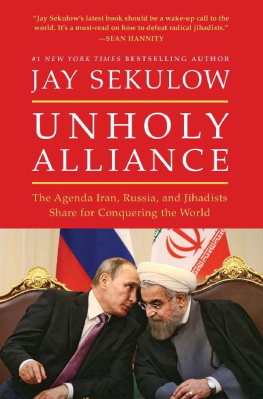
 TM The paper used in this publication meets the minimum requirements of American National Standard for Information Sciences Permanence of Paper for Printed Library Materials, ANSI/NISO Z39.48-1992.
TM The paper used in this publication meets the minimum requirements of American National Standard for Information Sciences Permanence of Paper for Printed Library Materials, ANSI/NISO Z39.48-1992.